Mon-Sat 9am-7pm
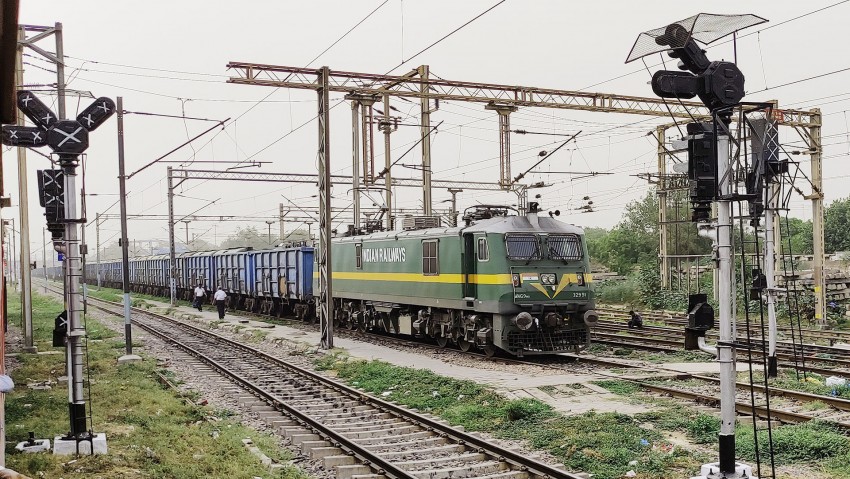
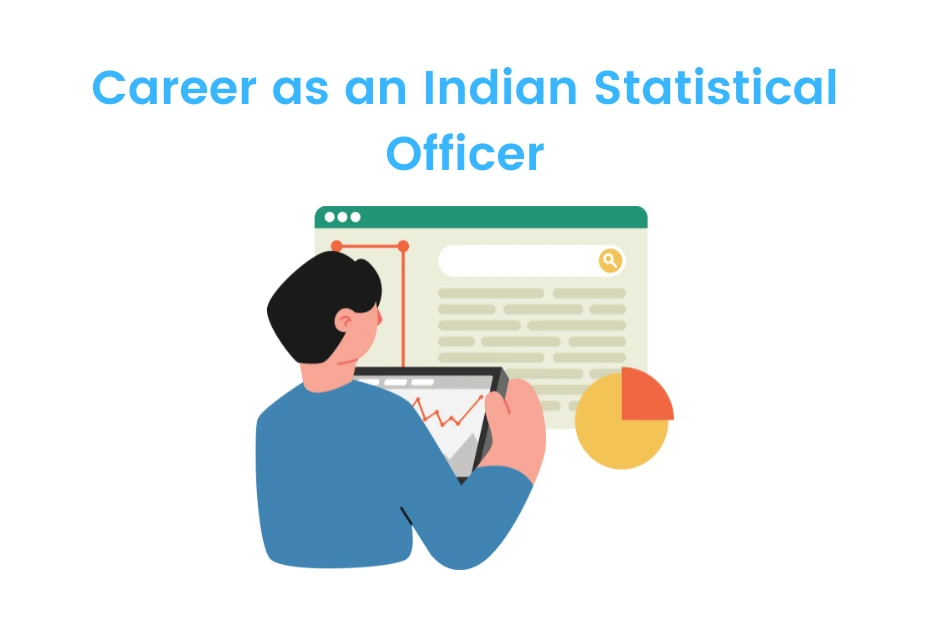
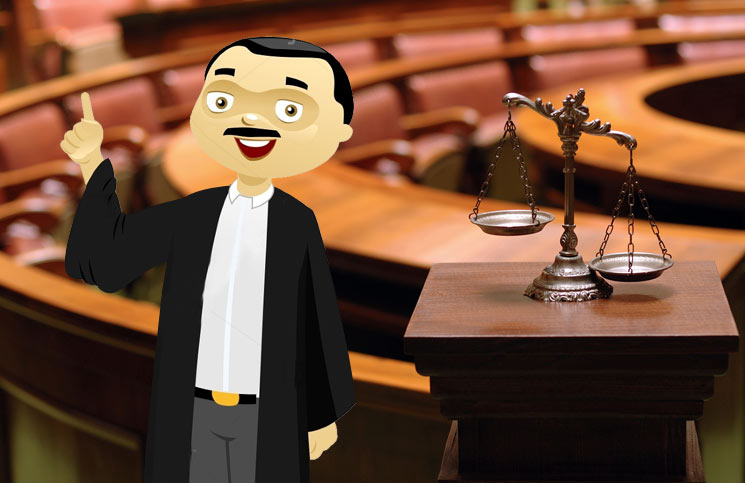
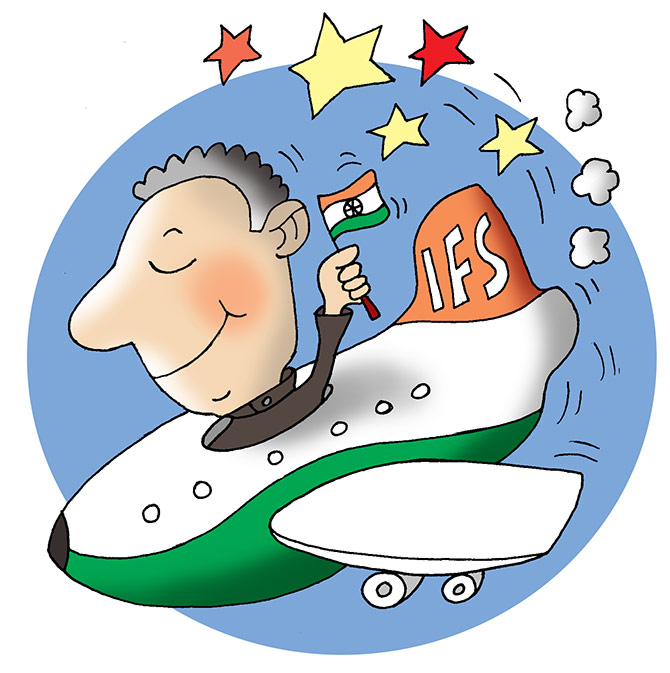

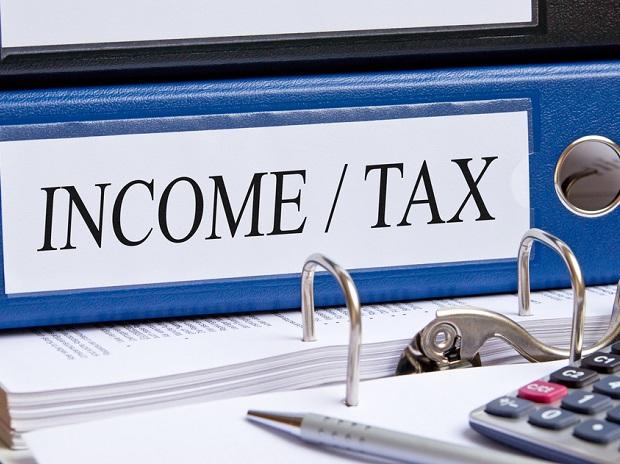



Career as Indian Foreign Service Officer (IFS Officer) is the administrative diplomatic civil service under the Central Civil Services of the executive branch of the Government of India. The Indian Foreign Service Officer is recruited by the Union Public Service Commission, Government of India. New recruits to the IFS are trained at Sushma Swaraj Institute of Foreign Service after the brief administrative course at Lal Bahadur Shastri National Academy of Administration, Mussoorie.

One of the most important aspects of an Indian Foreign Service officer's job is to represent India in other countries at embassies, high commissions, consulates, and also permanent missions to multilateral organizations such as the United Nations, South Asian Association of Regional Cooperation, and other international bodies.
Other than representing India, the foreign service officer is also required to protect and preserve India's national interest. This has to be done quite tactfully so as to not create an international uproar.
Individuals who opt for a career as Indian Foreign Service Officer is responsible for promoting friendly relations on behalf of the nation, friendly relations extend towards the receiving state along with its people, including NRIs and PIOs as well.
Individuals who opt for a career as Indian Foreign Service Officer is also responsible for reporting precisely on developments in the country of posting, which are likely to impact the formulation of India’s policies. Accurate and timely reports concerning development/concern in a country are a must in order to facilitate policy formulation.
Negotiating agreements on a number of different issues with the responsible authorities of the receiving state is another important job function of an IFS officer. Providing consular facilities is another important aspect.
The role of Indian Foreign Service Officer is to extend consular activities to foreign residents and Indian nationals residing abroad.
01Step
In order to make a career as Indian Foreign Service Officer, candidates must pass 10+2 in any stream with a minimum of 50 percent marks from a recognized board.
02Step
Aspirants are required to get themselves enrolled in an undergraduate programme. Admissions to undergraduate programs are provided on the basis of candidates' performance in the entrance examination or 10+2 merit or both. These entrance examinations are conducted by the national and state-level examination conducting bodies, universities, and colleges. We have mentioned below a list of popular entrance examinations.
We have provided here a list of major undergraduate programmes.
Popular Bachelor Programmes
| B.Tech. | BA |
| B.Sc. | BBA |
| B.Com. | BCA |
04Step
Interested candidate who wish to make a career as Indian Foreign Service Officer, has to give an entrance examination called the UPSC exam.
Eligibility for the examination: The candidate should be between 21 and 32 years old. It is important for the candidate to complete a bachelor's degree in any field in order to attend the UPSC examination.
05Step
Only after the individual has cleared the UPSC entrance examination, he or she will be allowed to undergo intensive training at the Lal Bahadur Shastri National Academy of Administration. After his or her training at the academy, he or she can join the Foreign Service Institute, New Delhi, where he or she undergoes a focused approach to training in various disciplines.
Third Secretary: As a Third Secretary, one is required to draft/review/update briefs on India’s relations with countries/organizations under the purview and prepare talking points for meetings between senior officials and foreign counterparts. He or she is required to follow up on actions and process training, workshops, seminars, study tours, and meetings from and to India, liaise with internal as well as external agencies for coordination of development assistance and attend to protocol duties.
Second Secretary: As a Second Secretary, he or she is assigned to one of the few divisions e.g. Political, Economic, Cultural, and many more, and are expected to learn administrative work from his or her seniors. A Second Secretary is required to collect relevant information and follow up with the MEA in India.
First Secretary: As a First Secretary, he or she is required to constantly monitor and assess the emerging situation in the host country and countries of coexisting authorization, duly taking into account the political, economic, and socio-cultural factors, and brief the Government of India with a view to promoting and protecting our national interests. This involves maintaining a simultaneous supply of information to the Ministry of External Affairs by means of legitimate and precise reports on current events and discernible trends.
The First Secretary is required to maintain regular contact with the host Government at appropriate levels to project and seek support for the Government of India’s views on various international issues of vital importance to our interests. The views of the host Government are solicited and suitable feedback is conveyed to headquarters to facilitate effective policy formulation.
Counsellor: The counsellor works as a Secretary-level principal officer who serves the seniors as a special advisor and consultant on major problems of foreign policy and who provides guidance and solutions to the accurate bureaus with respect to such matters. The Counselor is responsible for conducting special international negotiations and consultations, and also undertakes special assignments from time to time, as directed by the Secretary.
Ambassador: Ambassadors officially represent the Indian government on behalf of the president in treaty negotiations, immigration discussions, foreign aid projects, and humanitarian aid programs. Ambassadors are responsible to supervise and lead all foreign service employees in the country where they work. As the chief executive of the Indian embassy, an ambassador also monitors the activities of all Indian personnel who work for any federal agency in their jurisdiction. The ambassador and their staff also aid Indians traveling in the country and provide security for Indian citizens during emergencies and natural disasters.
The starting salary of an IFS officer would be around Rs. 60000 per month with facilities such as good accommodation, transport facilities, security and household helps, medical expenses, free phone, electricity and water, etc. As a government servant, pension and other retirement benefits would also be available. The highest position in the hierarchy is that of an ambassador or the Foreign Secretary. Based on the country, officers can also get a ‘Special Foreign Allowance’ which can also considerably increase the pay package.
PRO’S.
1.Prestige.
2. Travelling.
3.Diplomatic immunity.
4.Diplomatic Passport.
5.Allowances.
6.Security.
CON’S.
1.Frequent transfers.
2.Security Threat
:
PRO’S.
1.Prestige.
Yes,being one of premier services the large amount of prestige is associated with the job.
If you will be acting as Indian represention at host nation & you wil be given tag as national assets.
2. Travelling.
As an IFS officer you will spend 2/3rd of your career outside India,so you will travel without spending one penny whereas your counterparts IAS/IPS has to spend their money.
3.Diplomatic immunity.
In simple words diplomatic immunity is a term or kind of facility provided to diplomats in which at any given circumstances diplomats can’t be held answerable by host country.
4.Diplomatic Passport.
An IFS officer is provided with a maroon coloured passport which differs from regular dark blue passports.
It is only issued for IFS officers whereas if IAS are on official visits outside India then they use either civilian(dark blue) or official(white).
5.Allowances.
All class-A service officers are paid same with respect to their ranks.
IFS officers are provided with special allowances like foreign alllowace,coldness allowance,danger allowance,baggage allowance.etc,.
And salary is paid in local currency or USD.
6.Security.
The responsibility of providing security to diplamats stationed at their nation is solely relies on host government.
Most of embassies are provided with 24/7 security.
:1.Frequent transfers.
As an IFS officer you have to be ready to get transferred.
Sometimes you get transferred from The West to The East i.e Washington D.C. to Canberra.
2.Security Threat
If you are posted in country which don't have sound relations with India,then in such cases there will be constant threat to diplomats.
E.g.Islamabad,Kabul,Majar-e-Sharif,Kathmandu etc.
3. In recent years,Indian embassy staff is supposed to be serve(help)Indian subjects there at any time.
Communication skills: Not only in the career as Indian Foreign Service Officer, but everyone must be verbally articulate, hold excellent command of written communication skills, and also be good listeners. As an IFS officer, one is expected to argue convincingly in the meetings before officials and administration of different states/countries, and possessing good speaking skills is important. Communicational and speaking skills can be easily learned during the classroom period while completing graduation by taking part in activities, for instance, mooting, or general public speaking. In addition to speaking, IFS Officers must be able to write clearly, persuasively, and concisely, as they are required to produce multiple official documents.
Judgment skills: Indian Foreign Service Officers must possess the ability to draw reasonable, logical conclusions or assumptions from the limited information provided to them. An IFS Officer must be able to consider these judgments critically so that he/she can anticipate potential areas of weakness in one’s argument that must be reinforced against. Correspondingly, they must be able to spot points of weakness in an opposition’s argument. Assertiveness is also a part of the judgment. An IFS officer has to face situations where there will be a lot of important judgment calls to make and little time for concluding right/wrong. There will be times when there will be more than one logical conclusion to a single assertion and it might become hard to choose the more appropriate one. Hence, one must possess strong judgment skills to excel and succeed in their respective cases.
Analytical skills: While being trained by the National Academy, individuals must be able to absorb large quantities of information, then filter it into something meaningful, manageable, and logical. At times, there will be more than one method or precedent applicable to resolve a situation. Therefore, as an IFS officer, one must possess strong evaluative skills in order to choose which is most applicable/suitable.
Research skills: Indian Foreign Service Officers are required to perform extensive research work into relevant facts. To win an argument of any sort, one must be sure about the facts one is stating. No argument, especially legal, can be won without indisputable facts. As an IFS Officer, being able to research quickly and effectively is essential to understand the state’s situation, and its needs and preparing legal strategies. Preparing official schemes requires an IFS Officer to absorb and comprehend large amounts of information, then filter them down into something useful. Good research skills include proper planning, going beyond google’s keywords, and not relying on a single source.
People skills: Working or making a career as IFS Officer is not a recapitulating practice. Irrespective of how well one does academically, at the end of the day, he/she has to work with people, on behalf of people, and the decisions that are made affect people’s lives. An IFS Officer must be presentable, influential, and able to read others. This allows them to determine others' reactions and the honesty of witnesses. Being personable allows them to decide upon the best proposition to take in order to achieve the desired outcome.
Perseverance: Indian Foreign Service Officers must have the perseverance to complete the work necessary to drive it to a successful finish. “Perseverance is not a long race, it is many short races one after the other.” Even while studying, one is required to put in a lot of perseverance and commitment which is even before one starts with actual training.
Creativity: In the career as Indian Foreign Service Officer, very successful Officers are not only analytical and logical, but they also display a great deal of creativity in their problem-solving. The best approach is not always the most obvious and in order to circumvent one’s challenger, it is often necessary to think outside the box.
Call us at +91 9205084085, Monday - Friday, 9 am - 7 pm


